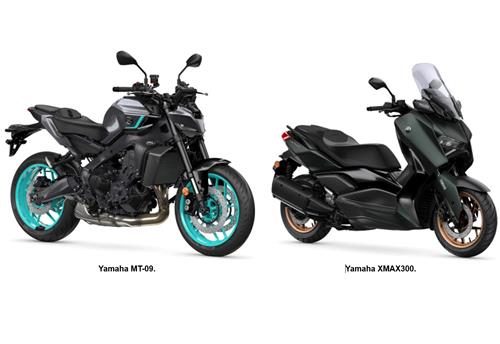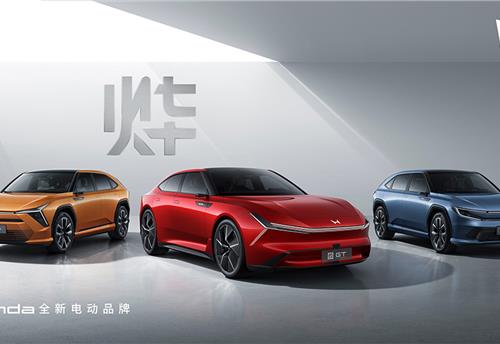Dyson electric car: solid-state battery exec departs firm
Dyson’s electric car project has received support from the Government and features former Aston Martin employees.
Dyson has confirmed to Autocar UK that the executive behind its solid-state battery technology has departed the company - a surprise twist that follows the brand's recent announcement to produce an electric car model by 2020.
A spokesman said that "Ann Marie Sastry is no longer with Dyson" but refrained from explaining why, stating that the company doesn't "get into specifics on personnel matters". Sastry joined Dyson when it purchased her battery company Sakti3 for $90 million (Rs 568 crore) two years ago.
Although the technology Dyson is developing remains shrouded in secrecy, Sastry previously suggested that the company was close to bringing solid-state batteries to production - a feat that could give Dyson first-mover advantage in the global race for more efficient electric vehicles.
Solid-state battery packs have a higher energy density and are quicker to charge than liquid-cells, cooler while operating and potentially more powerful. Toyota is the only manufacturer with firm plans to introduce the technology in the coming decade, while Porsche has hinted that solid-state electric vehicles are in its product plans.
It is not yet known how Sastry's departure will impact on the progress of Dyson's car, which marks a leap for a brand that is best known for making household goods such as vacuum cleaners and hairdryers.
The car's development will be funded by £2 billion (Rs 19,686 crore) from Dyson and the project has received support from the UK Government. A team of 400 people are working on the project at Dyson's Wiltshire headquarters.
Dyson is keeping specific details, such as performance, range and production numbers, secret but it will not be a mass-market car akin to the Renault Zoe and Nissan Leaf; instead, it will be aimed at a more tech-oriented market. Dyson's existing line of household goods tend to be more expensive than the competition, suggesting that the car's market position will be firmly in the premium segment, similar to that of Tesla. Dyson also confirmed that more than one car would come out of the project.
There's no definitive word yet on where the car will be built, but company founder Sir James Dyson recently revealed to Reuters: "Wherever we make the battery, we’ll make the car, that’s logical. So we want to be near our suppliers, we want to be in a place that welcomes us and is friendly to us, and where it is logistically most sensible. And we see a very large market for this car in the Far East.”
Dyson has a large market presence in the Far East, so Chinese production isn't an unrealistic prediction, although the car is being developed in the UK. No design or prototype has yet been produced.
In the announcement of Dyson's electric car plan, James Dyson took swipes at governments' push for diesels and the Dieselgate emissions scandal: "Governments around the world have encouraged the adoption of oxymoronically designated ‘clean diesel’ engines through subsidies and grants. Major auto manufacturers have circumvented and duped clean air regulations. As a result, developed and developing cities are full of smog-belching cars, lorries and buses. It is a problem that others are ignoring."
He revealed that a major aim is to reduce air pollution from cars "at the source", saying: "I committed the company to develop new battery technologies. I believed that electrically powered vehicles would solve the vehicle pollution problem. Dyson carried on innovating. At this moment, we finally have the opportunity to bring all our technologies together into a single product.
"We’ve started building an exceptional team that combines top Dyson engineers with talented individuals from the automotive industry. The team is already over 400 strong and we are recruiting aggressively. I’m committed to investing £2bn (Rs 19,686 crore) on this endeavour."
Dyson's car will be Dyson-badged, unlike Google's Waymo project and Apple's autonomous car efforts, which are focusing on components for other cars. Dyson is not planning to seek help from other manufacturers to bring the car to production.
The firm is famous for its vortex vacuum cleaner but has been linked to the development of a car for almost a decade, despite having repeatedly denied the project's existence.
A Dyson spokesman previously told Autocar: "James [Dyson] did say that our new digital motor could power a car, but we are not working on, and have no plans to create, an electric car." Dyson has been working on producing a car since the eighties and interested in the filtration of diesel emissions for more than two decades.
In the run-up to the car's announcement, Dyson upped the rate of development with the hiring of several high-profile figures from the automotive market.
Dyson recruited Aston Martin's former director of purchasing, David Wyer, to become its head of procurement in August. Wyer was the second Aston Martin executive in as many years to move to Dyson, after product development director Ian Minards took up the same role at the Wiltshire-based company.
Wyer confirmed his exit from Aston Martin on professional social media site LinkedIn, saying: “So, after 22 years at Aston Martin, today is my last day as I leave one great company to take up an exciting opportunity with another, as head of procurement at Dyson."
The move caused a stir, as did Dyson's hiring of Tesla communications executive Ricardo Reyes earlier this year, kick-starting a resurgence in speculation about the company's development of an electric car.
Last year, speculation was heightened after the revealing of a government document that read: “The Government is funding Dyson to develop a new battery electric vehicle at their headquarters in Malmesbury, Wiltshire. This will secure £174 million (Rs 1,712 crore) of investment in the area, creating over 500 jobs, mostly in engineering."
Soon after, the document was altered to say: “The Government is providing a grant of up to £16m (Rs 157 crore) to Dyson to support research and development for battery technology at their site in Malmesbury.”
RELATED ARTICLES
Hyundai and carbon fibre specialist Toray to develop lightweight, high-strength materials
Partnership aims to secure capabilities to develop lightweight and high-strength materials for environmentally friendly ...
Yamaha wins Red Dot product design awards for MT-09 and XMAX 300
The latest awards mark the 13th year in a row – every year since 2012 – that a Yamaha Motor product has received a Red D...
Honda reveals new Ye series of EVs for China
A second set of Ye EVs will be revealed in the coming months, completing the six-car line-up for China.





 19 Dec 2017
19 Dec 2017
 13906 Views
13906 Views



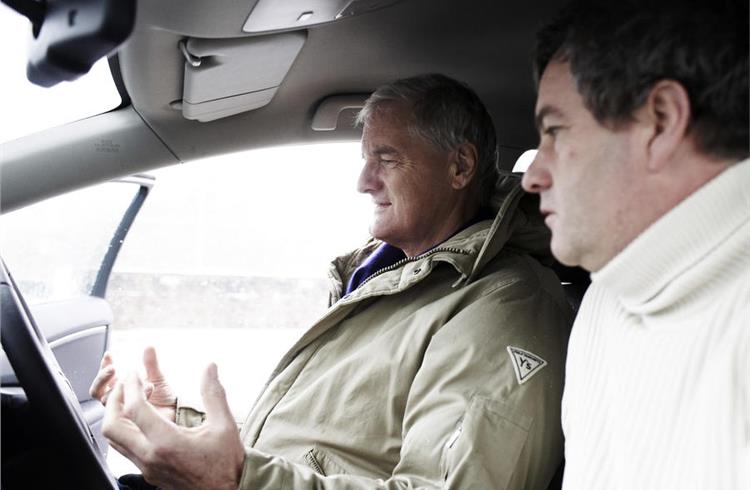
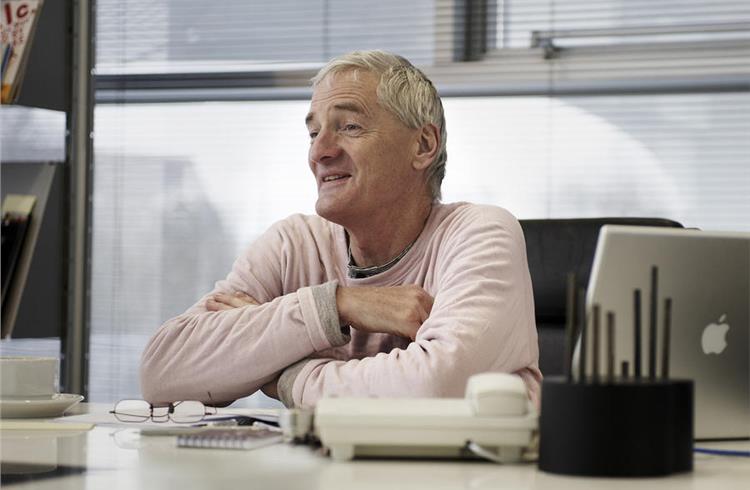
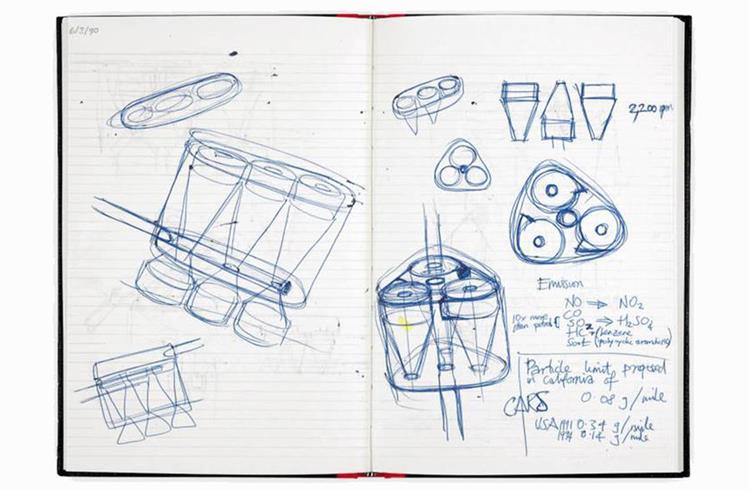
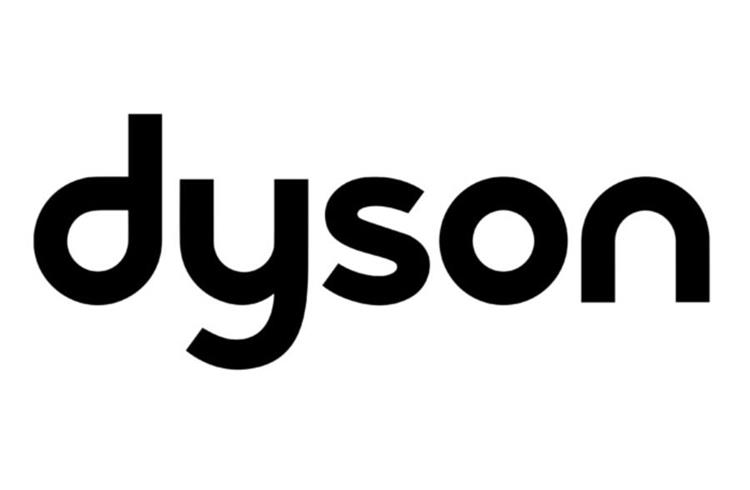
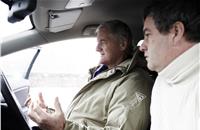
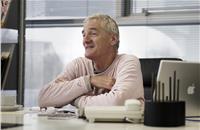
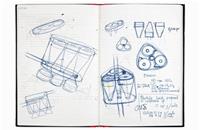

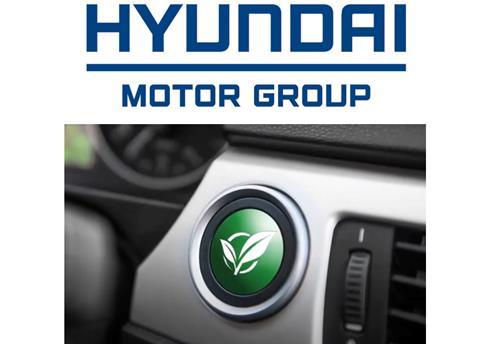
 Autocar Pro News Desk
Autocar Pro News Desk

